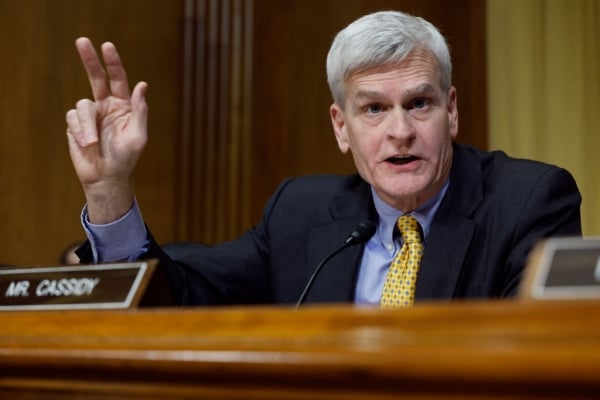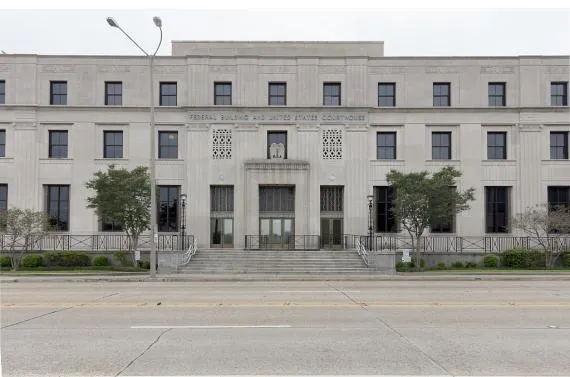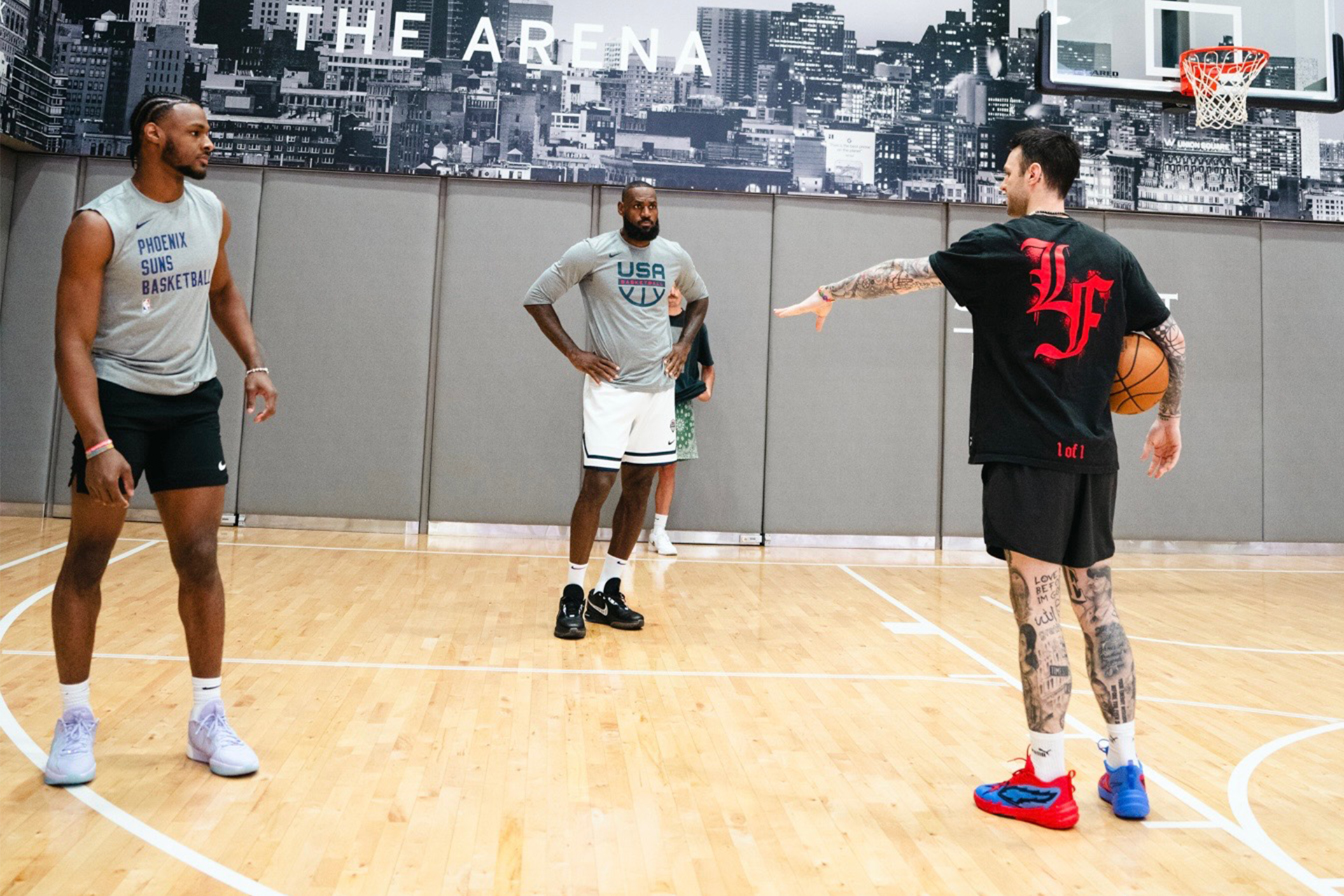Dive Brief:
- Over 4 in 5 of members of Gen Z say a college education is fairly or very important, according to a new poll from Gallup and Walton Family Foundation.
- However, while the survey found that 85% of Gen Z students in K-12 schools view college as important, only 62% plan to pursue higher education after they earn their high school diploma.
- Only about half of college-bound Gen Z students, 53%, believe they will be able to afford a postsecondary education. Black students are particularly concerned about higher education costs, with only 39% saying they believed they could pay for college.
Dive Insight:
Higher education’s future hinges on whether Gen Z values college and believes it’s affordable. Colleges have already been grappling with multi-year enrollment declines, and they are now staring down the so-called demographic cliff — an expected dropoff in high school graduates starting around 2026 due to declining birth rates during the Great Recession.
“Enrollment rates will, likely at best, remain stagnant — and, at worst, decline,” Tara Nicola, a senior consultant at Gallup, wrote in a report summarizing the survey results.
The report defines Gen Z as those between ages 12 and 26. The youngest members of Gen Z were slightly more likely to value higher education.
Of those between ages 12 and 15, 87% deemed college important. That’s compared to 82% of those from ages 22 to 26 who said the same — even though they are the most likely members of Gen Z to have completed an undergraduate degree.
Some demographic groups valued higher education more than others.
Gen Z women were more likely than men to rate college as important, 87% versus 80%. And the vast majority of Gen Z Democrats, 93%, said higher education was important, compared to only 75% of Republicans — a pattern consistent with other polls on the subject, Gallup said.
Black and Hispanic students were also slightly more likely than White students to value a college education.
A little over half of surveyed K-12 students said their parents have pressured them to get into “a good college.” Students who said college is “very important” were almost five times as likely to feel this pressure than those who rated it as “not too important,” 29% versus 6%.
Concerns about college affordability also differed across racial and ethnic groups. Over half of White college-bound students, 57%, said they think they could pay for higher education, compared to 56% of Hispanic students and 39% of Black students.
These concerns could contribute to disparities in college-going rates.
In 2021, 57% of Hispanic students and 58% of Black students enrolled in college right after high school, according to federal data. That’s compared to 64% of White students and 84% of Asian students.
Gallup’s findings are based on a survey of 3,114 respondents conducted online from April 24 to May 8.





















Discussion about this post